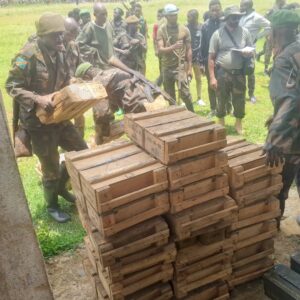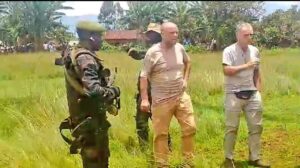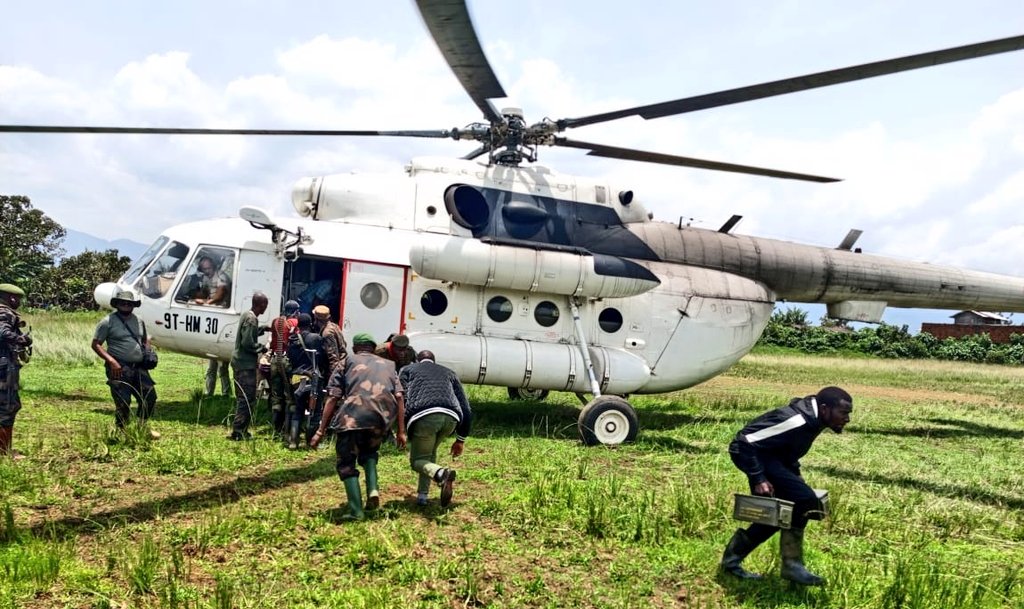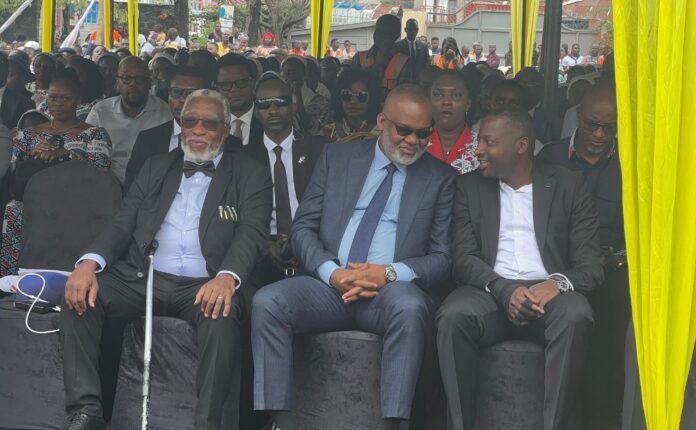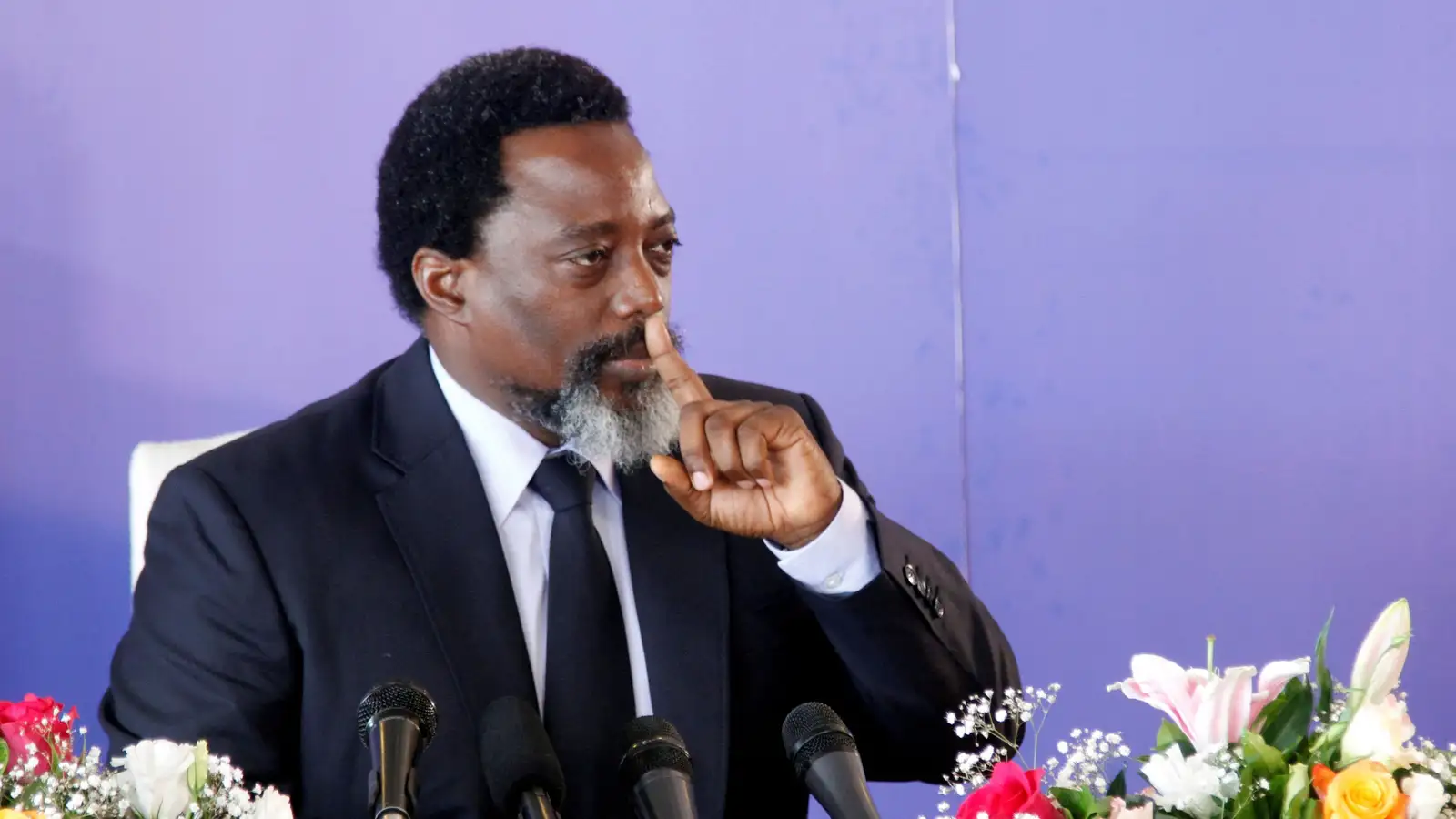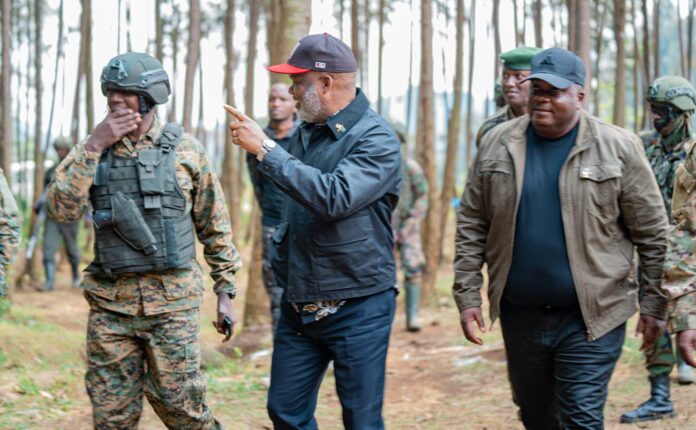The eastern region of the Democratic Republic of the Congo (DRC), particularly Kivu, has been mired in decades of instability fueled by armed groups, external influences, and illicit economic activities. The recent allegations that European traders are supplying arms and munitions to Maï-Maï groups in Mwenga, in the Itombwe sector of South Kivu, highlight the persistent factors sustaining insecurity in the region.
Note: Company, Blog, Church websites are free.
Kivu, with its vast mineral wealth, has long been a battleground for various factions, including foreign-backed militias, local self-defense groups, and national forces. The Maï-Maï groups, initially formed as community militias to resist foreign armed groups, have evolved into complex entities engaged in illegal mining, extortion, and armed conflict. Their continued access to weapons has allowed them to exert control over territories, often at the expense of civilians.
In July 2020, the massacre in Kipupu, Mwenga, resulted in over 220 deaths, according to provincial deputies. This incident, marked by widespread violence, including sexual violence and arson, underscored the inability of state forces to protect local populations. More recently, in August 2023, Mwenga suffered another tragedy when torrential rains destroyed over 600 houses, schools, and farmlands, exacerbating the humanitarian crisis in the region.
Allegations of European traders supplying arms to Maï-Maï groups add another layer to the complex web of insecurity in Kivu. While evidence remains scarce, such reports align with long-standing patterns of external involvement in Congolese conflicts. The illegal arms trade, facilitated through porous borders and corrupt networks, ensures that armed groups remain well-equipped, perpetuating cycles of violence.
The international community has repeatedly condemned the flow of arms into conflict zones, yet enforcement mechanisms remain weak. The proliferation of light weapons in Kivu enables militias to sustain their operations, terrorize local populations, and obstruct efforts at peacebuilding.
Beyond arms supplies, economic interests play a critical role in sustaining insecurity. Kivu is rich in minerals such as gold, coltan, and cassiterite, which are highly sought after in global markets. Armed groups, including the Maï-Maï, control and exploit these resources, often in collaboration with corrupt businessmen and foreign actors. The revenues generated from illegal mining finance their continued operations, making peace a less desirable outcome for those profiting from the conflict.
The population of Mwenga and the broader Kivu region bears the brunt of this sustained insecurity. Displacement, sexual violence, and economic deprivation have become part of daily life for thousands. Humanitarian organizations struggle to operate effectively due to ongoing threats from armed groups, while state institutions remain too weak to enforce law and order.
- Stronger Arms Control: International and regional efforts must be intensified to curb arms trafficking into Kivu. Transparency in arms deals and stricter enforcement of embargoes are necessary.
- Tackling Illicit Mining: Cutting off financial lifelines for armed groups by regulating mineral supply chains can significantly weaken their influence.
- Reinforcing State Authority: The Congolese government must strengthen security forces, ensuring they are adequately trained and equipped to protect civilians without engaging in abuses.
- International Accountability: Foreign actors implicated in fueling the conflict, whether through arms sales or resource exploitation, must face legal consequences.
5.Community Reconciliation: Local peace initiatives and economic alternatives for young people can help reduce recruitment into armed groups.
The situation in Mwenga is a microcosm of the broader crisis in Kivu. Without decisive action, the cycle of violence will continue, trapping future generations in a perpetual state of conflict and suffering. The world must not turn a blind eye to the role of external actors in sustaining this insecurity, as accountability and intervention remain the only viable paths to lasting peace.
